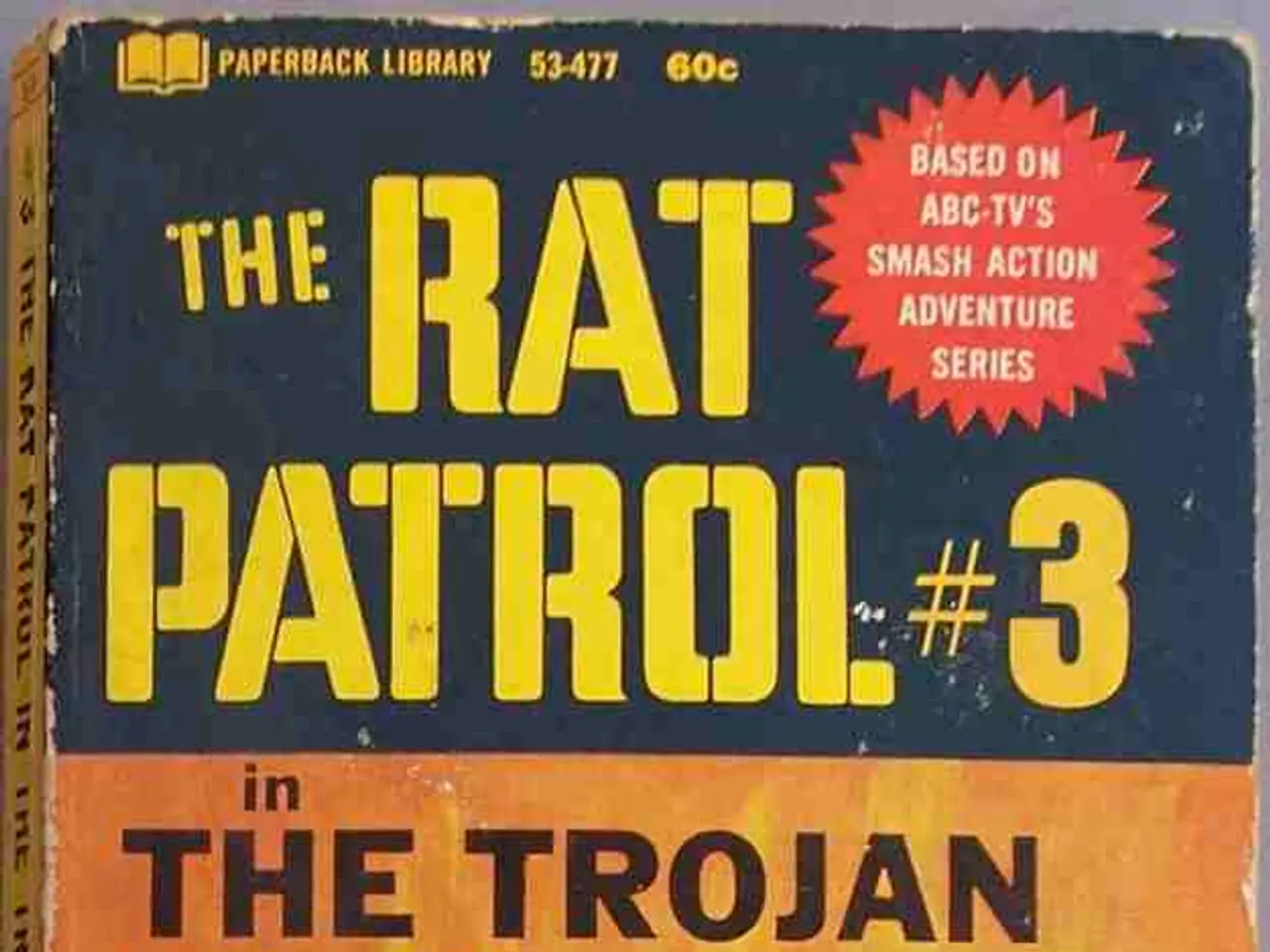Final Hours of Nazi Rule
Unveiling the Württemberg War Chronicles: A Unique Perspective on Post-War History
The recently unveiled Württemberg War Chronicles offer a unique and valuable glimpse into the history of southwestern Germany during the war and post-war period. These historical documents, compiled by local pastors, provide a comprehensive record of the region's experiences during this tumultuous time.
Commissioned by the Württemberg church leadership in April 1947, these chronicles chronicle the final days of the Nazi Era in the region, detailing military operations, the occupation of cities and villages, and the arrival of Allied troops. The reports offer a rare, firsthand account of the behavior of occupation soldiers, incidents of seizures, looting, and rape, and the resilience of the local population in the face of adversity.
The chronicles also address rescue and preservation efforts, offering a testament to the spirit of the community during these challenging times. By the time the project was completed in 1957, around 250 "war chronicles" had been collected.
These documents are not just historical accounts of the post-war period; they also serve as a vital source for local and regional history, as well as for educational purposes and remembrance work. The Evangelical Church in Württemberg has announced the availability of these chronicles in Stuttgart, and the Evangelical Archive of Baden and Württemberg has made hundreds of them accessible online.
The war chronicles are a testament to the resilience of the Württemberg community during a difficult time, providing a unique contemporary record of the war and post-war period in southwestern Germany. For those interested in exploring these chronicles further, specialized regional historical archives or academic works focusing on Württemberg church history would be a good starting point.
While the Württemberg War Chronicles are unique, it is important to note that the region's history has been shaped by numerous wars, with many details preserved uniquely in church records, art, and local civil documents. The fragile nature of these historical documents during wartime is evident, as seen in the burning of parts of town archives and Baden administrative documents during the French occupation in the late 17th century.
Despite these losses, church communities in the region have traditionally kept chronicles and records that serve as vital historical sources. These works not only record religious and social activities but also detail local impacts of wars, troop movements, and occupations, providing unique local perspectives absent from larger state or national histories.
In conclusion, the Württemberg War Chronicles are a valuable resource for anyone interested in the history of southwestern Germany during the war and post-war period. Their availability online makes them easily accessible to the public, allowing us to gain a deeper understanding of the region's history and the resilience of its people during challenging times.
- The Württemberg War Chronicles, not just limited to war-and-conflicts, also offer insights into the politics and history of the country during the post-war period.
- Besides the Württemberg War Chronicles, other historical sources like church records, art, and local civil documents in the region provide a comprehensive view of the country's history, which includes details of war-and-conflicts, politics, and general-news.








